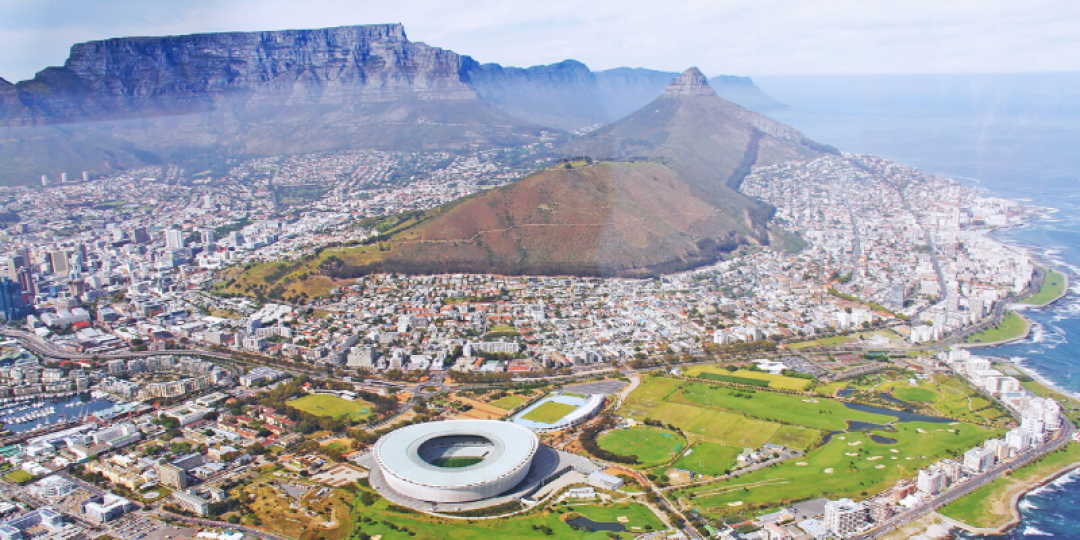CAPE Town Air Access is working on an aviation recovery plan for the Western Cape, pushing for resumption of international air travel by September 1, which could cut by R5,1bn the province’s estimated economic losses due to COVID-19.
CTAA project manager David King explains: “We have estimated that the economic loss for the Western Cape resulting from no commercial international flights for the six months between April and September will be an unavoidable loss of R12,7bn. Depending on when international flights will be allowed again, we estimate that losses can be anything between R9,9bn (best-case scenario with flights resuming September 2020) or R15bn (worst case, with flights only resuming in January/February 2021). Therefore, with an earlier international restart and the route development recovery efforts of Cape Town Air Access, we believe we can reduce the economic losses by R5,1bn. This has a lot to do with hitting the summer peak season in South Africa, but taking into account a conservative estimate of passenger numbers over this period.”
The recovery plan is to be approved by the CTAA steering committee next week.
Joint project manager Paul van den Brink says three scenarios were drawn up during the planning phase. CTAA is supporting the South African tourism industry’s push for a best-case scenario of regional and international air travel to restart by September 1. Failing this, it is working for a resumption of regional and international flights by November 1 to make the most of the start of Iata winter schedules and South Africa’s peak summer season. The worst case would be a resumption of international flights early next year, which would mean a shortening of the season and a loss of seasonal services.
Paul says all international carriers that serve Cape Town are planning to continue to do so once the international travel ban is lifted. In addition, Delta, Virgin and TAP want to start flying to Cape Town, with United wanting to return for a second season. Paul says Cape Town’s share of the North American market increased by 20% in January and February thanks to United’s seasonal service. The addition of a year-round Delta service is expected to generate additional demand during the traditional low winter season.
“We have three new international routes despite the current situation, which is quite an achievement, but the focus going forward will be on retaining the routes that we have. Some airlines are expected to operate fewer frequencies but, hopefully, the borders will open before the peak season and we will be able to start building capacity again.”
Paul says West Africa is the only new route being pursued at the moment. South America is off the cards short-term due to LATAM’s financial troubles and the COVID-19 situation in Brazil, while Qantas has postponed its Sunrise Project, which would have included Cape Town.
Another key aspect of the recovery plan is to rebuild public confidence in air travel, which, he says, calls for a joint industry effort to promote South Africa’s international airports and the tourism supply chain as safe in terms of COVID-19 bio-security protocols. “If we can show how we de-risk the whole sector it will bring confidence to the market.”
Paul says the recovery plan also focuses on increasing cargo operations to Cape Town International Airport, which already showed substantial growth before the lockdown. Last year CTAA was mandated to start working on increasing cargo access to the Western Cape. He says CTAA together with Wesgro’s trade team and industry export organisations is evaluating markets, demand, capacity and supply chains. It will present its plans for increasing air cargo access in August. CTAA has already established the need for a perishable centre at the airport, where food, flowers and pharmaceuticals could be stored in temperature-controlled conditions. “Air cargo normally makes up about 10% of an airline’s business case on a route, so it can make the difference between profit or loss on a route,” he says.














